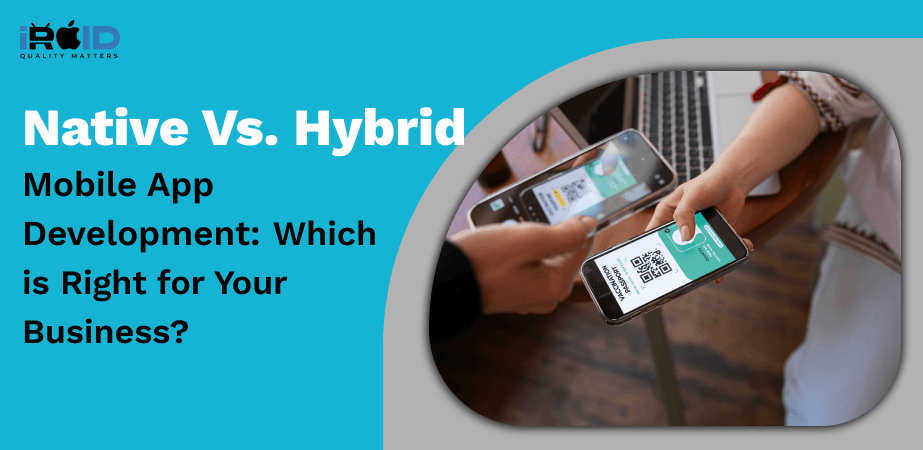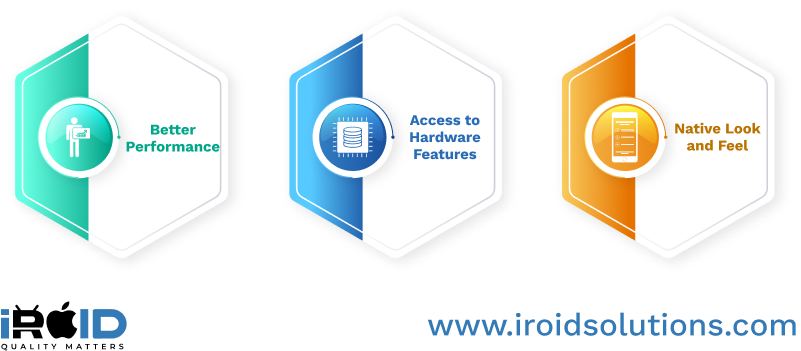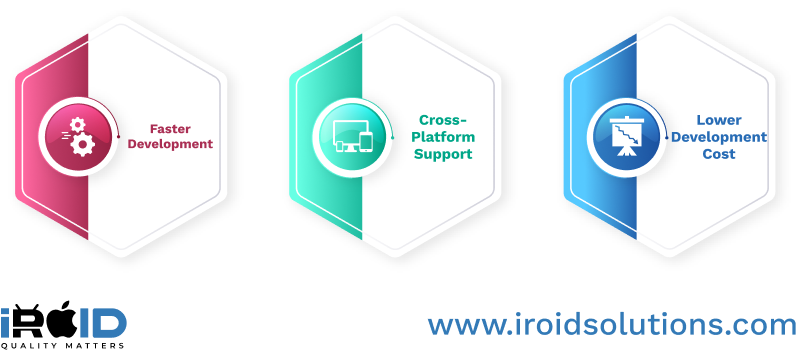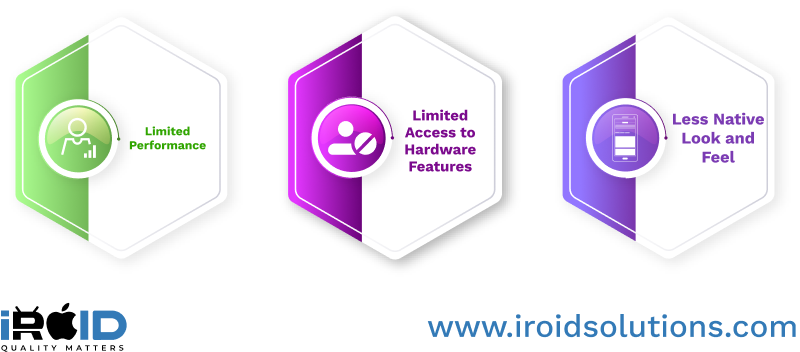Native vs. Hybrid Mobile App Development: Which is Right for Your Business?

As businesses move towards mobile-first strategies, choosing the right development approach is critical to the success of a mobile app. When it comes to mobile app development, businesses have two options: native or hybrid. While native apps are built for a specific platform, hybrid apps can run on multiple platforms. In this blog, we will discuss the pros and cons of each approach to help you decide which one is right for your business.
Native Mobile App Development
Native app development involves building an app for a specific platform like iOS or Android, using platform-specific programming languages like Swift or Java. Native apps provide better performance, faster loading times, and access to hardware features like cameras, GPS, and push notifications. The user interface is designed to match the look and feel of the platform, providing a seamless user experience.
Pros of Native Mobile App Development:

1. Better Performance
Native apps are built using platform-specific programming languages, which are optimized for performance. This results in faster loading times, smoother animations, and a better user experience.
2. Access to Hardware Features
Native apps have access to hardware features like camera, GPS, and push notifications. This allows developers to create apps with advanced functionality and improve the user experience.
3. Native Look and Feel
Native apps are designed to match the look and feel of the platform, providing a seamless user experience. This results in higher user engagement and satisfaction.
Cons of Native Mobile App Development:

1. Platform-specific Development
Native app development requires separate development for each platform, which increases development time and cost.
2. Longer Time to Market
Developing native apps for multiple platforms requires more time, which can delay the launch of the app.
. . . . . .
Hybrid Mobile App Development
Hybrid app development involves building an app using web technologies like HTML, CSS, and JavaScript, and then wrapping it in a native shell to run on multiple platforms. Hybrid apps can be built once and run on multiple platforms like iOS, Android, and web browsers. Hybrid apps are typically easier and faster to develop than native apps, making them an attractive option for businesses with limited resources.
Pros of Hybrid Mobile App Development:

1. Faster Development
Hybrid apps can be developed faster than native apps since they can be built once and run on multiple platforms.
2. Cross-Platform Support
Hybrid apps can run on multiple platforms like iOS, Android, and web browsers. This allows businesses to reach a wider audience with a single app.
3. Lower Development Cost
Developing hybrid apps can be less expensive than native apps since businesses don't have to pay for separate development for each platform.
Cons of Hybrid Mobile App Development:

1. Limited Performance
Hybrid apps are not as fast and responsive as native apps since they are built using web technologies.
2. Limited Access to Hardware Features
Hybrid apps have limited access to hardware features, which can limit their functionality and user experience.
3. Less Native Look and Feel
Hybrid apps often look and feel less native compared to their native counterparts, which can result in lower user engagement and satisfaction.
Conclusion
Choosing between native and hybrid app development depends on your business requirements, budget, and time-to-market. Native apps are best suited for businesses that require advanced functionality and better performance, while hybrid apps are ideal for businesses that need to launch an app quickly and reach a wider audience. Whatever your choice, it's important to work with an experienced mobile app development team to ensure your app is successful.
Looking for an experienced mobile app development team to build your next mobile app? Contact us today to discuss your requirements and get a free quote.
Blog Related FAQs:
Recent Blog Posts
Get in Touch With Us
If you are looking for a solid partner for your projects, send us an email. We'd love to talk to you!













